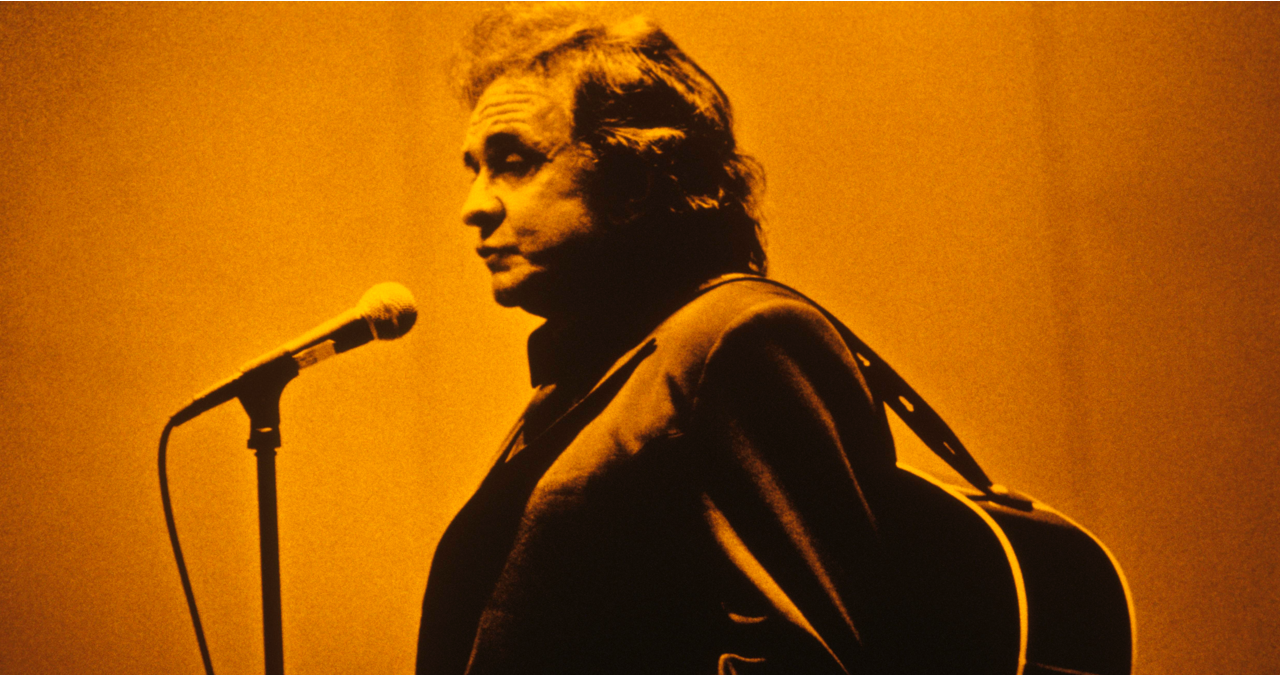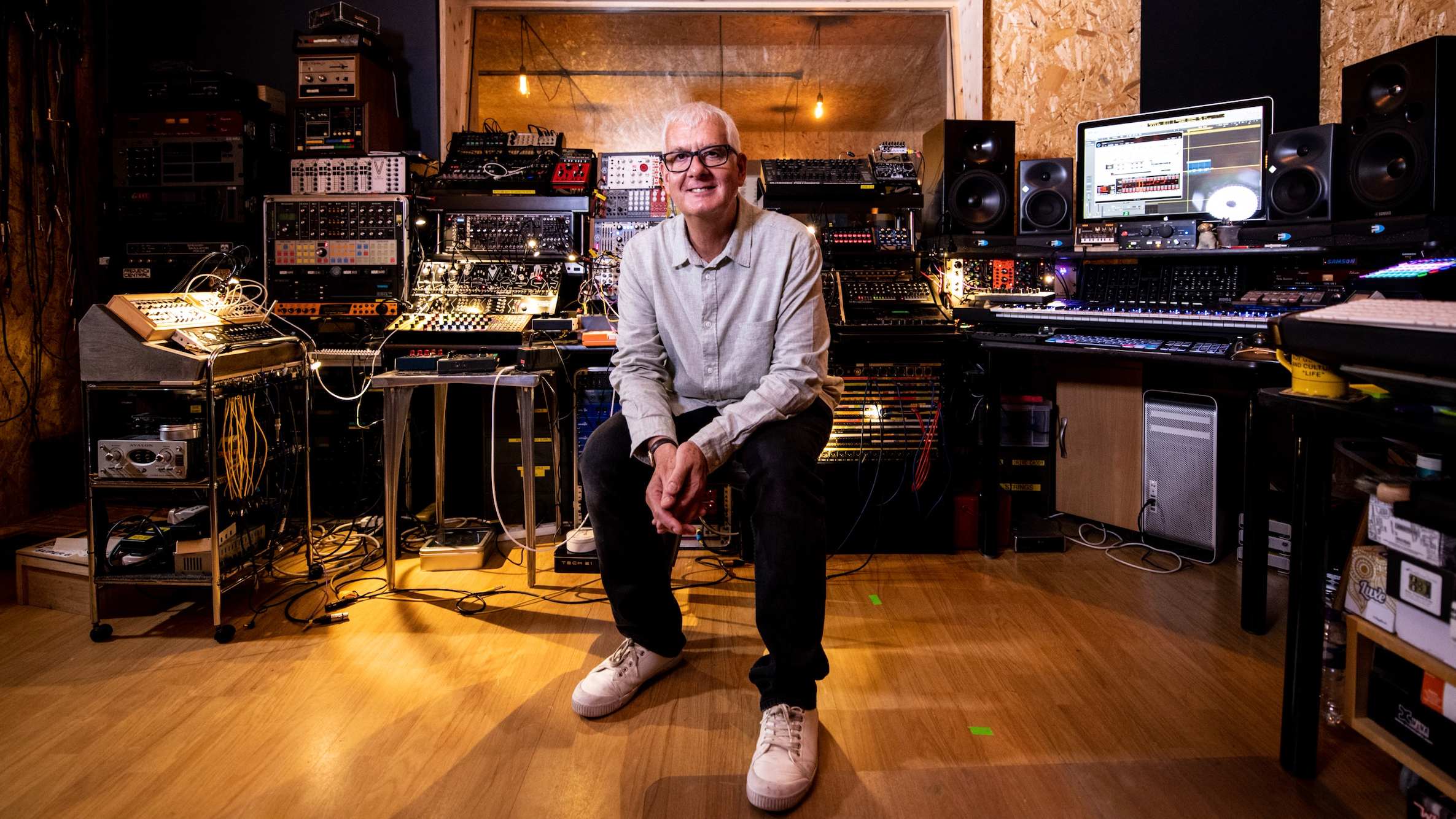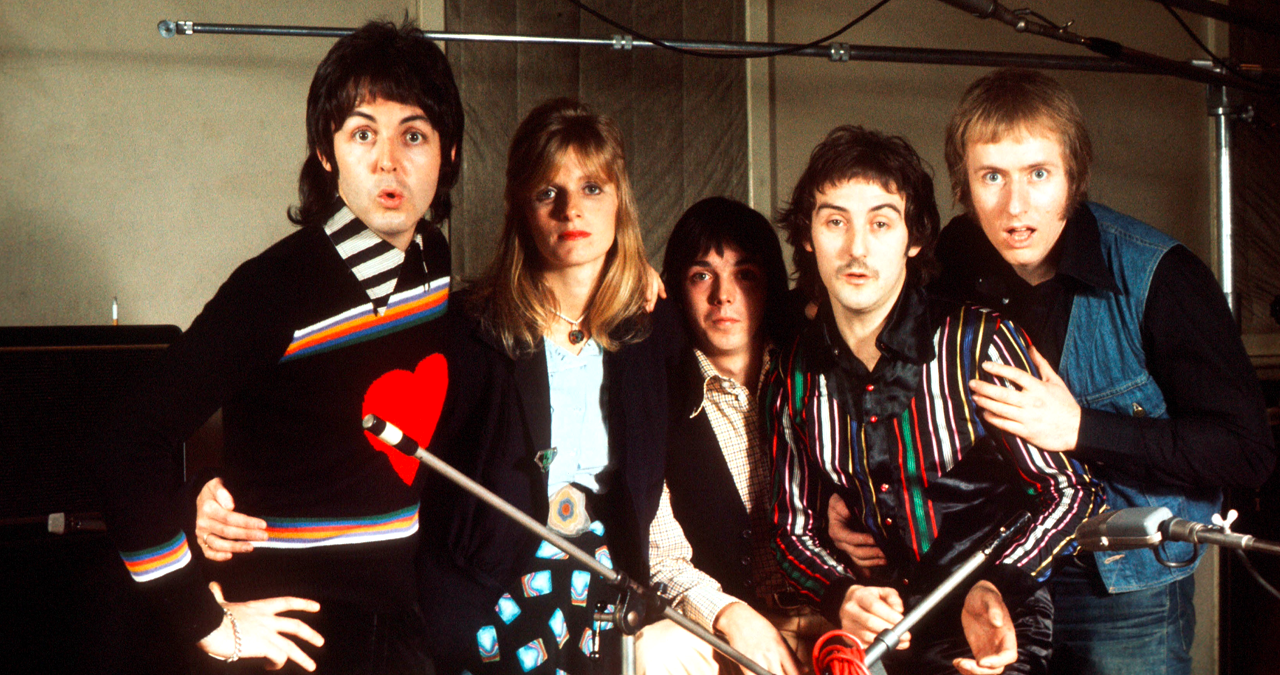Should you order a piano online?
Allow us to quash any worries you may have about ordering your next piano online - be it an acoustic, digital or stage piano
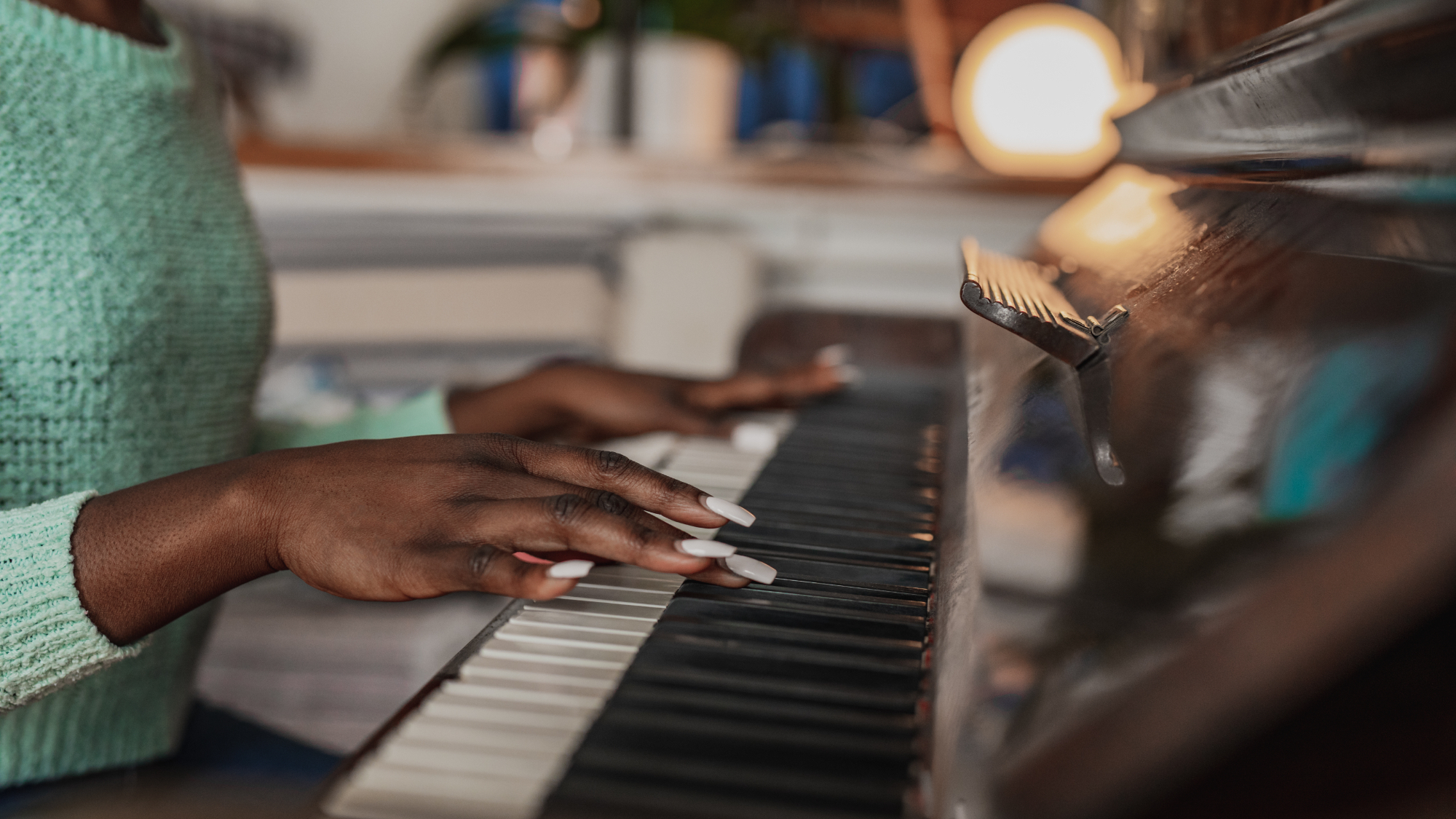
Online shopping has quickly become a large part of everyday life. Whether it’s ordering your weekly groceries, new threads for a big night out, or stocking up on essentials from Amazon, everything you could possibly need is only a click away. However, while it is increasingly more common to see large items bought via a laptop, with beds, sofas and even cars among the bulky products purchased via the internet, it seems there is some trepidation about ordering a piano online.
While we understand the hesitation about ordering online, the reality is, it couldn’t be easier to get your dream piano delivered directly to your door. So, whether you are looking for the best piano for beginners, a state of the art digital piano, or world-class acoustic piano, this article is for you. We’ll talk you through what to expect when you order an instrument online, things to look out for, and give you helpful tips on finding the best piano for you. So without further ado, let’s dive in.
Before ordering a piano online
Obviously, before you can make a purchase, you'll need to decide which is the right piano for you. Each piano type has its pros and cons, so it's essential that you take the time to do your research before making a decision. Be sure to factor in things like size, weight, volume and key action before you take the plunge - it's not like you can nip along to the Post Office to return it if it isn't right.
On that note, we highly recommend checking the returns policy with the retailer if you are remotely worried about not liking the piano. Ideally, you'd only order a piano when you know exactly what you want. Still, sometimes that isn't possible, so it's always best to ask the question - in our experience, the friendly people in the music store would rather you ask the question before you order, rather than regretting your purchase.
We'd also suggest sticking with the big brands if you are ordering online. While it can be tempting to go for the cheapest option out there, you really do get what you pay for - and as you may be buying blind, you know you are guaranteed a certain standard of quality from the likes of Yamaha, Roland, Casio or Kawai.
If you're not 100% sure what to go for, we have several buyer's guides to help you through the process, but let's take a quick look at the different types right now.
Acoustic piano
As you'd expect, for those seeking the most traditional feel - and sound - an acoustic piano will be the best option. That said, there are several factors to consider if you want to go down this route. Acoustic pianos are among the most expensive options available and require regular tuning and maintenance - and not to mention they're far heavier than their digital counterparts.
Get the MusicRadar Newsletter
Want all the hottest music and gear news, reviews, deals, features and more, direct to your inbox? Sign up here.
Digital upright
A digital upright might be the best choice for those longing for the look and feel of an acoustic without the hassle. These state-of-the-art instruments have several clever features that can make playing the piano even more engaging, from headphone sockets to companion apps, Bluetooth audio and immersive speaker systems.
Slimline digital piano
If space is an issue, the slimline digital piano option is the one for you. These compact pianos still feature 88 notes, fully weighted keys and pedals, but in a much smaller frame.
Stage piano
Looking more like a keyboard, stage pianos are the most portable out of the above options and are perfect for those playing live, or those you want to take their own instrument to school, a mate's house or even a band rehearsal.
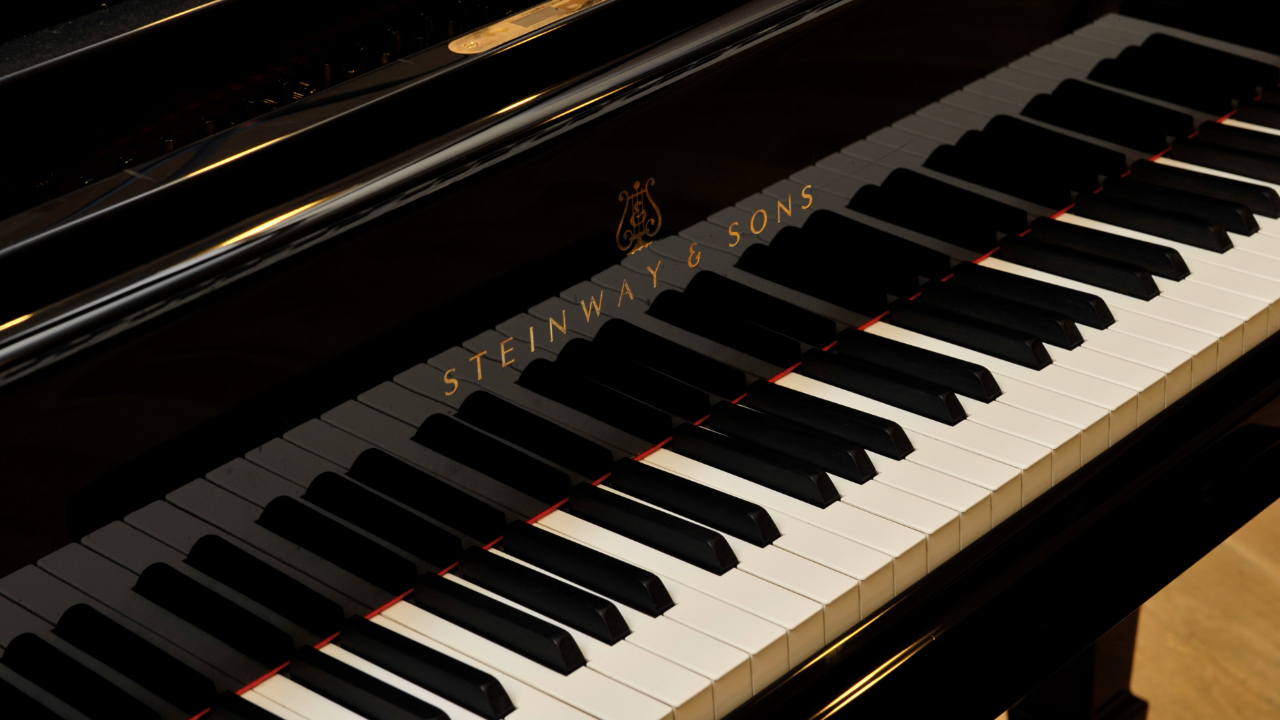
Buying a piano online
Now, while it’s still good practice to go to a store and get hands-on experience with a product, sometimes it just isn’t possible for several reasons. For example, you may not have a local dealer that stocks the piano you are looking for, you may not be mobile enough to get out and about, or you may feel intimidated walking into a bustling music store - luckily then, pretty much all the leading music retailers offer pianos on their websites.
So, once you’ve done your research and landed on the right piano for your needs, the next thing to do is to place the order - you just click “add to basket”, and that’s it, right? Well, not quite. There are a few things to consider before handing over your hard-earned cash.
Choosing the right colour
First of which is colour. Most pianos come in various shades from the classic polished ebony, the understated satin black, warm rosewood and even an elegant white. If your room has lots of dark furnishings, you may want to opt for the reddish hues of rosewood, while white is perfect for those looking for their piano to blend into their modern decor seamlessly. So make sure to select the colour that compliments the room it’s going in - and if in doubt, go black, you can’t go wrong with black.
Which accessories might you need?
Next up, don’t forget about accessories! Most pianos don’t come with a piano bench, so you’ll need to make sure to add one to your basket - be sure to order one in the same colour as your new piano, as a black bench with a rosewood piano just doesn’t look quite right. If you go down the digital route, you may want to consider a pair of the best headphones for digital piano, and if you are opting for a stage piano, you’ll need a keyboard stand. You can find out more in our guide to essential piano accessories.
Are pianos cheaper online?
In short - no. Typically whether you purchase a piano in-store or online, the price remains consistent, with most bricks and mortar stores offering to price match their online competitors. That said, it doesn’t mean you can’t bag yourself a deal. For example, it’s common to see retailers offer bundle deals on accessories. These deals tend to offer fantastic value for money, as you are most likely going to purchase these items anyway - so double check to see if there’s a bundle option on the website before you complete the sale.
Also, the time of year in which you choose to buy the piano can make a massive difference to the price. Obviously, making a purchase around Black Friday or the Christmas sales can see you bag yourself a healthy discount, so it’s worth having a look around this time to see if you can grab a bargain.
Lastly, if a new generation of piano is released - such as the Yamaha 700 series last year - It’s worth spending a little time searching for the previous iteration. Retailers will be keen to get rid of older stock in preparation for the shiny new pianos arriving, resulting in a discount for you.
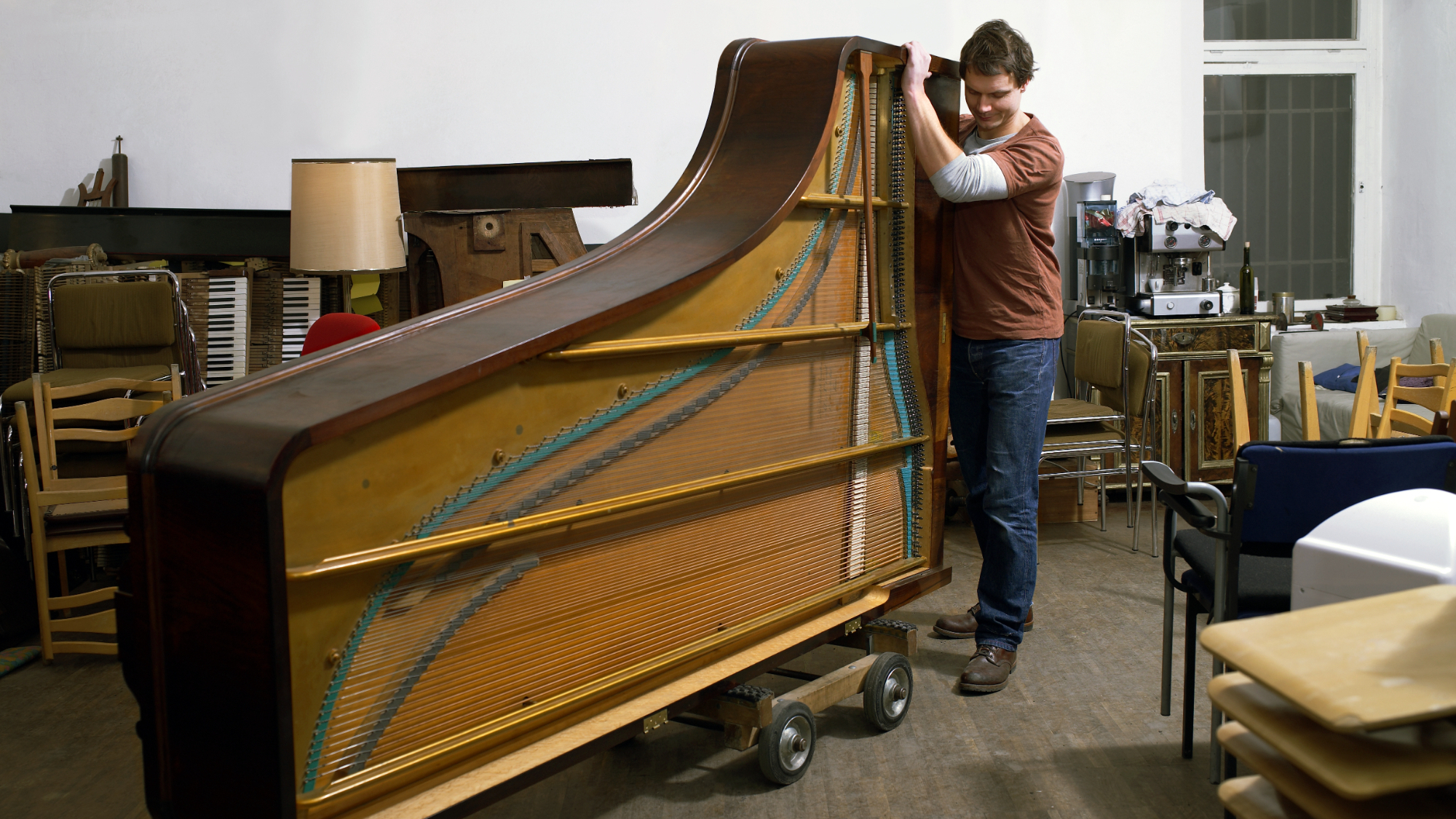
How much will delivery cost me?
That brings us to the delivery charges. Now, many stores offer free delivery over a certain amount, but that doesn’t always extend to pianos, as depending on which style you go for, it may require special delivery. Standard couriers will usually deliver stage pianos and slimline digital pianos, so you shouldn’t cost too much extra for those. Larger pianos such as upright digitals, acoustic uprights and grand pianos, on the other hand, can cost significantly more - with some companies charging extra if the piano needs to be carried upstairs. This information should be made clear on the retailer’s website, but it’s best to ask if you are unsure.
How will my piano arrive?
So next, let’s discuss what to expect when your new piano arrives. If you’ve ordered a stage piano, there’s very little to do when your instrument turns up. Simply bring the piano into the house, open the box, and place it on a keyboard stand - done.
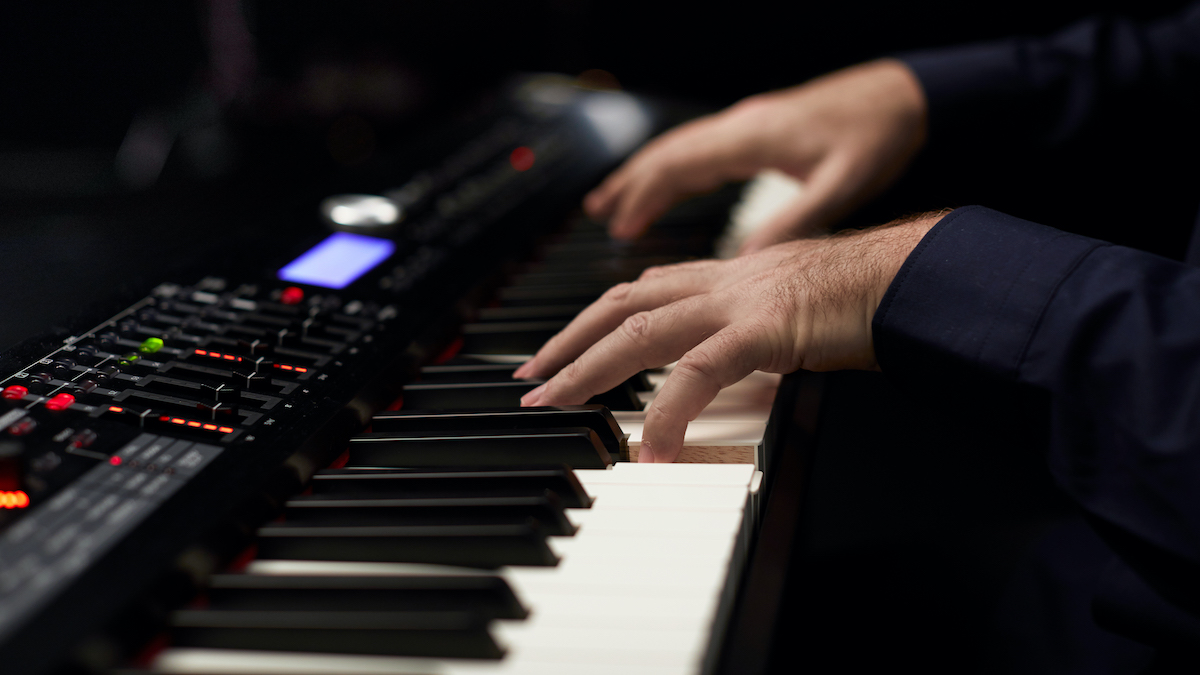
1. 7 things to consider when setting up a digital piano
2. How to buy your first acoustic piano
3. Essential piano accessories
4. Check our pick of the best online piano lessons
For digital pianos, there is a little more to it. Your new piano will arrive in a large box, which takes at least two people to lift - three if you want it to be extra safe - so make sure there is someone home who is fit and able to help you bring the instrument into the house. Once inside, you’ll need to build your piano, which isn’t as complicated as you may think.
Like building flat-pack furniture, putting together a piano is quite simple. You only need to build the stand and pedalboard section, as the full top of the piano is ready-made and in one piece. Each piano comes with detailed instructions, and it shouldn’t take any longer than 20 - 30 minutes to complete. But, again, it’s best to have a helping hand to aid in getting the top attached to the stand once it’s built. Some retailers may offer a service where they will build the piano for you and take away all the cardboard and packaging, but this may cost extra.
Acoustic pianos are typically delivered by specialist piano movers, who use a series of harnesses and trolleys to get your piano to its destination. Some companies will tune the piano once it’s in place, but others won’t, so again, ask the retailer to confirm if you need to organise your own tuner.
So let’s wrap this up. At the end of the day, we fully understand anyone’s apprehension about ordering a piano online. Still, the reality is, if you order from a well-respected retailer, do your research and follow our advice above, there really isn’t anything to worry about.
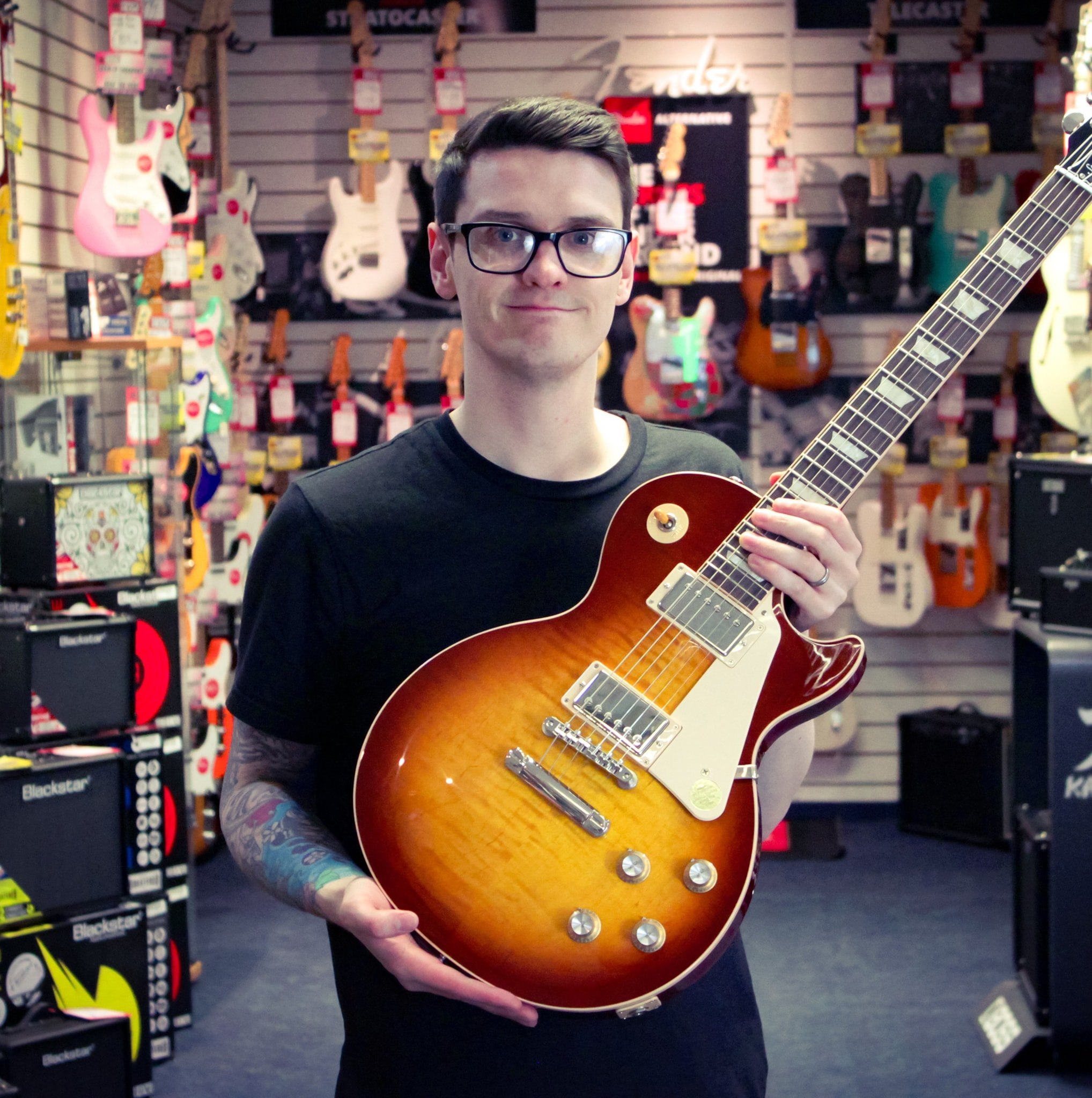
I'm a Senior Deals Writer at MusicRadar, and I'm responsible for writing and maintaining buyer's guides on the site - but that's not all I do. As part of my role, I also scour the internet for the best deals I can find on gear and get hands-on with the products for reviews. My gear reviews have been published in prominent publications, including Total Guitar and Future Music magazine, as well as Guitar World.com. I've also had the privilege of interviewing everyone from Slash to Yungblud, as well as members of Sum 41, Foo Fighters, The Offspring, Fever 333 and many more.
I have a massive passion for anything that makes a sound, particularly guitars, pianos, and recording equipment. In a previous life, I worked in music retail, giving advice on all aspects of music creation and selling everything from digital pianos to electric guitars, entire PA systems, and ukuleles. I'm also a fully qualified sound engineer who holds a first-class Bachelor's degree in Creative Sound Production from the University of Abertay and I have plenty of experience working in various venues around Scotland.
MusicRadar deals of the week: I'm feeling this! Score an impressive £350 off the Fender DeLonge Starcaster, as well as hundreds off Epiphone, Gretsch, Gibson and more
We didn't think we needed a compact 4-octave acoustic piano that can also work as a MIDI keyboard, but the super-cute Keybird L1 might have convinced us otherwise
